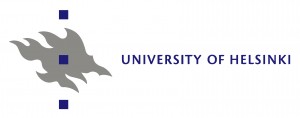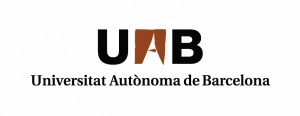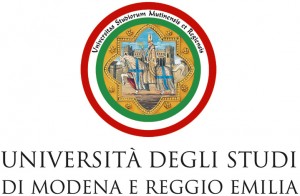September 2016: NEW GRANT!
As a follow-on to the European Digital Kitchen project, Newcastle University has just received a grant from the European Union’s Erasmus Plus programme, which will run 2016-2018. The new project is called Linguacuisine and will promote learning of digital literacy, languages, cuisines and cultures. It will do this by co-design of downloadable apps and social recipes by means of an authoring tool to develop an online community of practice. We aim for mass adoption of these learning materials with a focus on social inclusion.
Whereas the European Digital Kitchen project produced sensorised digital kitchen equipment, the new project will create free downloadable smartphone and tablet apps (android and Apple). These will enable users to be guided through cooking a range of recipes in 6 different European languages. The phone or tablet will speak to the users in the foreign language and offer multimedia help to users in terms of photos and videos. Users will be able to access different levels of help to support their language learning depending on their levels of competence. As no sensors are involved, users will let the phone or tablet know when they are ready to move to the next step.
The main aim is to create a sustainable model for the production and use of multimedia materials for learning languages, cuisines and cultures based on user-generated content in support of a community of practice in those areas. We will take 40 digitally marginalized project participants with little or no digital experience. These will include migrant and refugees. We firstly provide them with digital, transferable and language skills. We will co-design the app and authoring tool with them, thus ensuring that the apps will be usable by most social groups. Then we enable them to use the authoring tool to author a multimedia social recipe for language learning. We will disseminate the social recipes through the development of online communities of practice in 6 EU languages which bring people together in sharing and cooking the recipes.
Objectives are:
- To produce a downloadable tablet and smartphone app (android and iphone) which will enable users to be guided through cooking a recipe in 6 official EU languages. Further languages can easily be added using the authoring tool.
- To create an online community of practice with access via the apps.
- Participants will learn aspects of a foreign languages, cuisines and cultures by using the apps.
- To develop a certification system for the digital competence which participants develop.
The needs addressed are: improving basic skills, specifically digital competence, and engaging digitally marginalized groups (including refugees and migrants) with technology; certifying and assessing levels of digital competence; learning foreign languages, cultures and cuisines;
The rationale for this project is that it creates a motivating way of learning digital skills together with foreign languages, cultures and cuisines, making engaging technology available and accessible to a very wide audience. We develop an inclusive approach to technology design by including users with low levels of digital competence in the design process. The project promotes integration of migrants and refugees into the host culture. It combines internationalisation of education with digital learning. Anyone anywhere who downloads the app software will be able to write any recipe in any language and submit it for potential inclusion in the range of recipes available to play with the app. They will also be able to gain access to the online community created by the project, which will provide feedback on contributions and exchange of ideas. This should ensure sustainability for the project.
Information on the project and (from 2018) the free downloadable Linguacuisine app can be found on www.linguacuisine.com LINK









